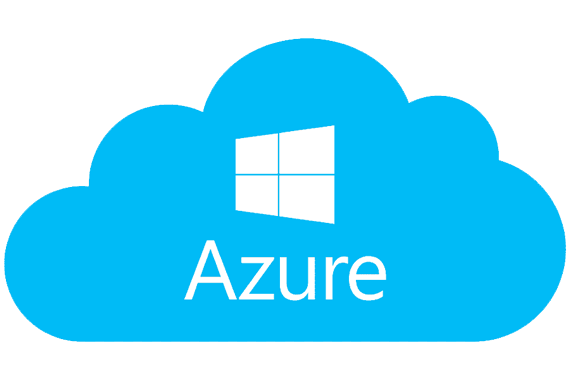Cloud
The cloud is a transformative technology that has revolutionized the way data and services are stored, processed, and accessed. It represents a paradigm shift from traditional, localized computing to a decentralized, networked model. Cloud computing leverages remote servers hosted on the internet to provide a wide range of services, from data storage to application hosting.
Key aspects of cloud computing include:
-
Scalability: Cloud services are highly scalable, allowing organizations to adjust resources to match their needs. This elasticity is a cost-effective solution for businesses with fluctuating workloads.
-
Accessibility: Data and applications stored in the cloud are accessible from anywhere with an internet connection, enabling remote work, collaboration, and real-time data sharing.
-
Cost Efficiency: Cloud services often operate on a pay-as-you-go model, reducing the need for significant upfront investments in infrastructure. This makes it accessible to both small businesses and large enterprises.
-
Reliability and Redundancy: Cloud providers offer robust data centers with backup and redundancy, reducing the risk of data loss due to hardware failure.
-
Security and Compliance: Cloud providers implement advanced security measures, and many comply with industry-specific regulations, offering a secure environment for data and application hosting.
-
Innovation: Cloud technology has fostered innovation through the development of new services and capabilities, such as artificial intelligence, machine learning, and IoT.


Azure
Azure, Microsoft's cloud computing platform, is a comprehensive suite of services that includes infrastructure, databases, artificial intelligence, and more. It offers businesses the flexibility to build, deploy, and manage applications through Microsoft's global network of data centers. Azure is known for its scalability, accessibility, and support for multiple programming languages. It's a go-to choice for organizations seeking to innovate, reduce infrastructure costs, and take advantage of modern technologies. With a wide array of services and robust security features, Azure enables companies to adapt to changing business needs and stay competitive in the digital age.
AWS
Amazon Web Services (AWS) is a leading cloud computing platform that provides a wide range of services, including computing power, storage, databases, machine learning, and analytics. It offers the flexibility to scale resources as needed, with a pay-as-you-go model. AWS has a global presence, ensuring low-latency access and high availability. It's trusted by startups and enterprises alike, thanks to its reliability and security features. As a pioneer in the cloud industry, AWS continually innovates, making it a foundational element for organizations aiming to innovate, reduce costs, and thrive in the digital era.


Google, a multinational technology company, is a dominant force in the digital world. Founded in 1998, Google has evolved from a search engine into a tech conglomerate, with services spanning search, advertising, cloud computing, and more. Google's search engine, widely used for information retrieval, is complemented by products like Gmail, Google Docs, and Android. It is at the forefront of innovation with self-driving cars, AI research (DeepMind), and web browser (Chrome). Google's mission is to organize the world's information, making it accessible and useful, and its influence touches every corner of the internet, impacting how individuals and businesses interact with digital technologies.
